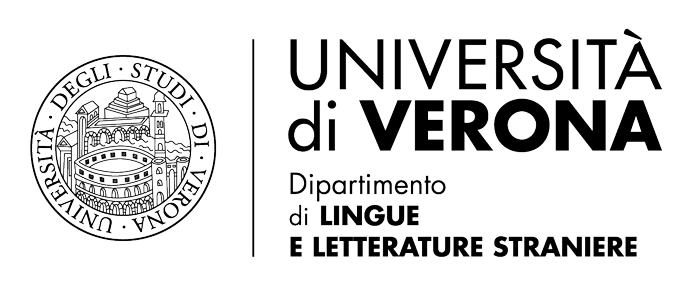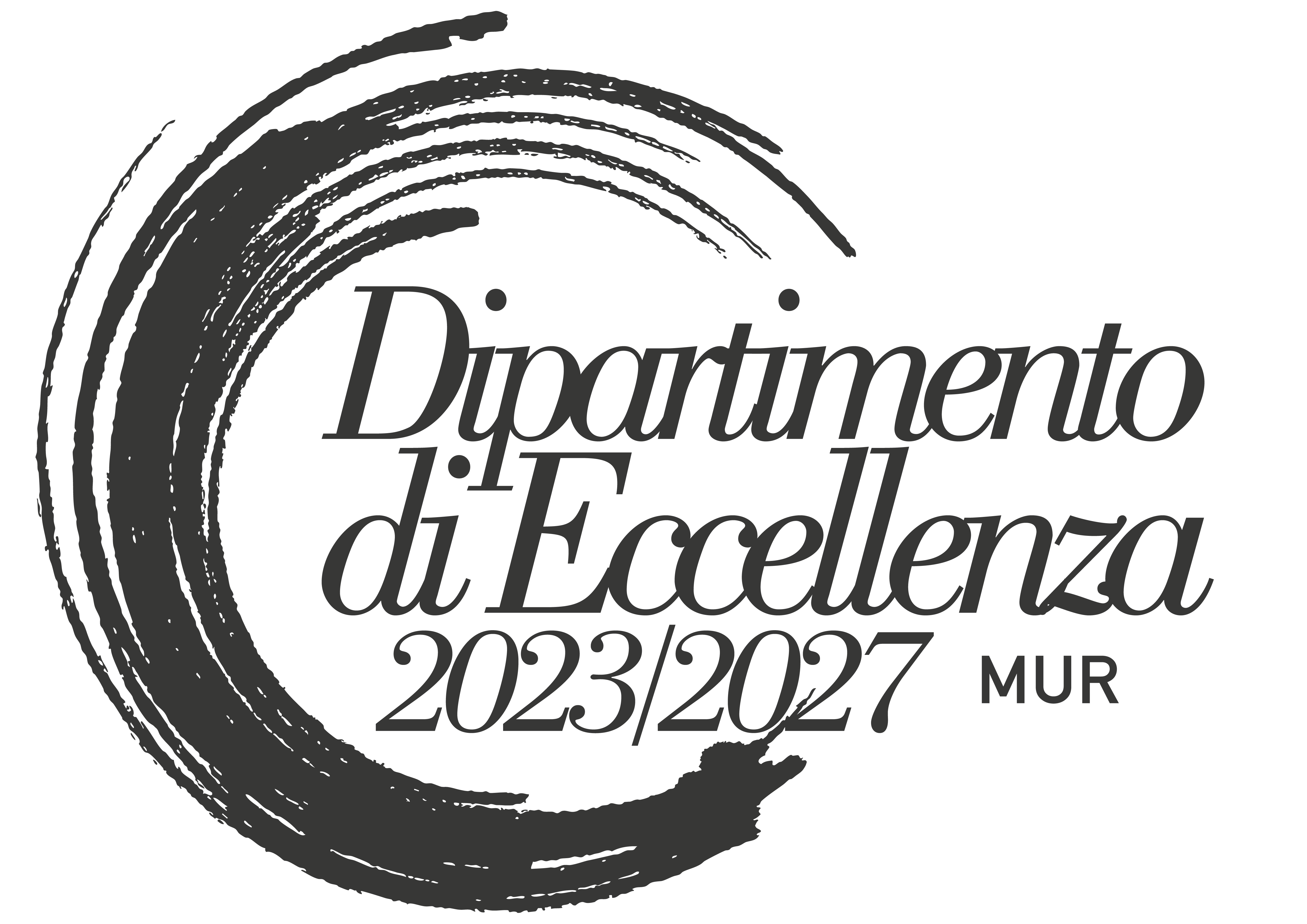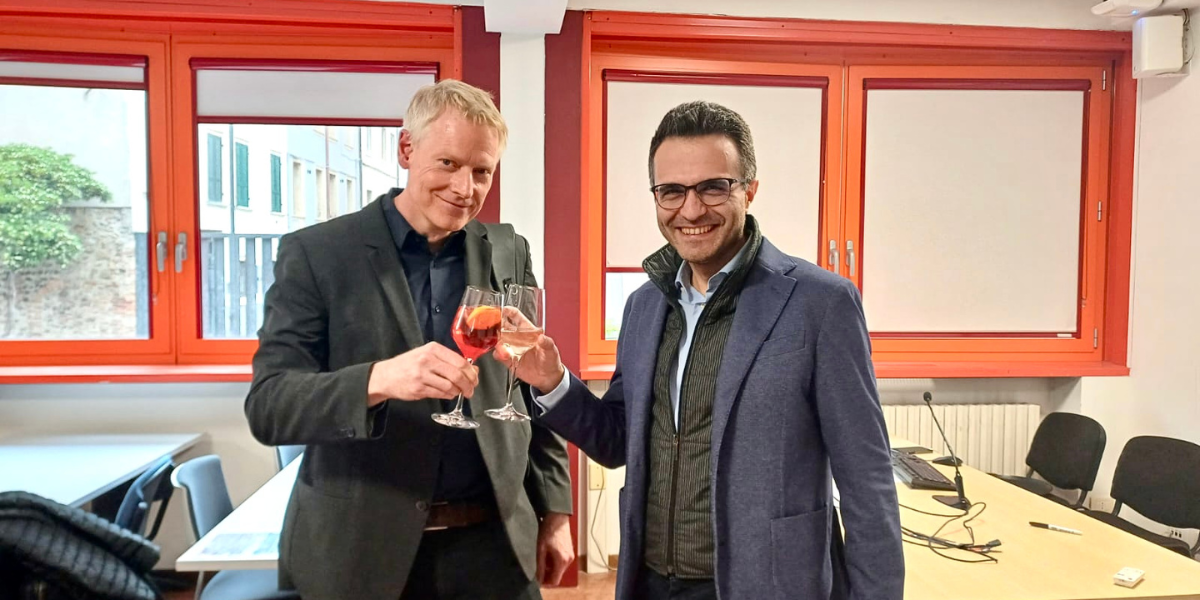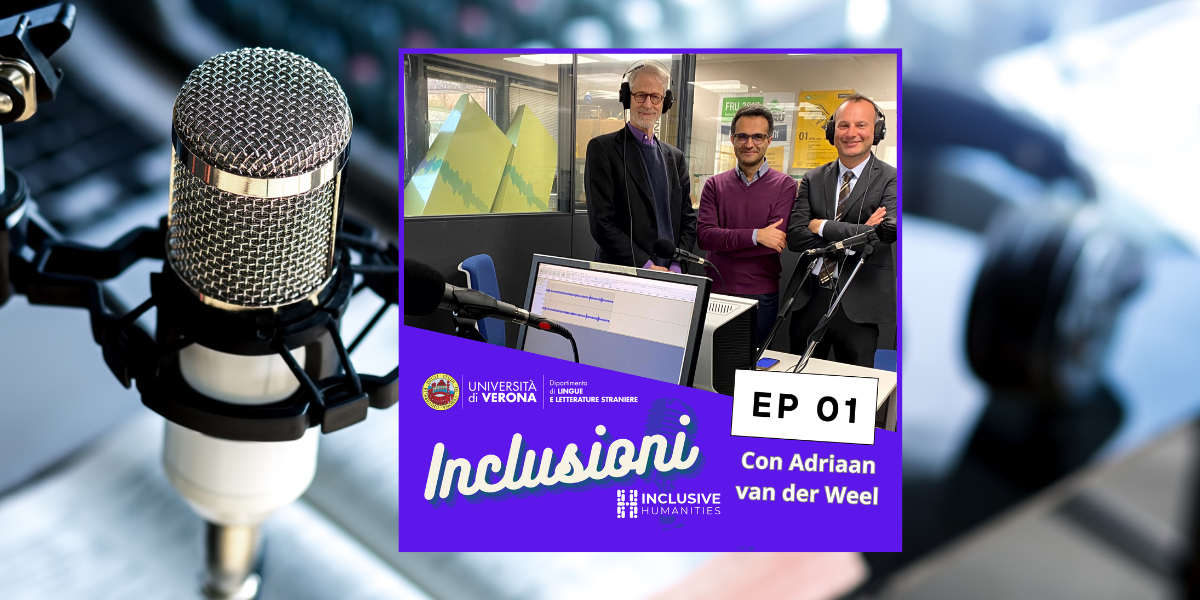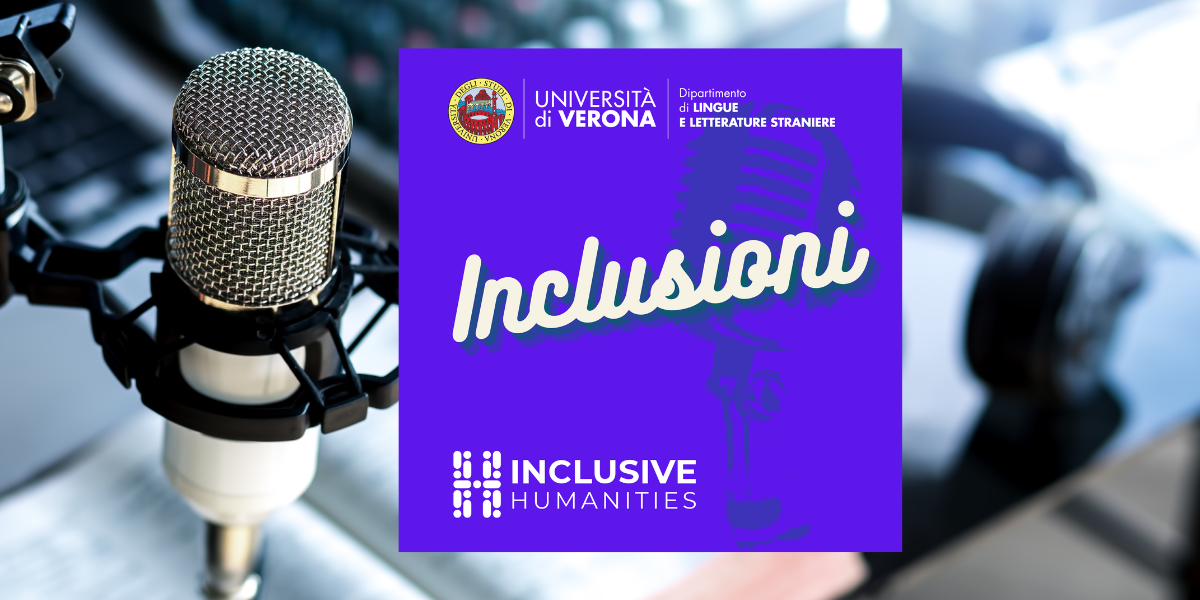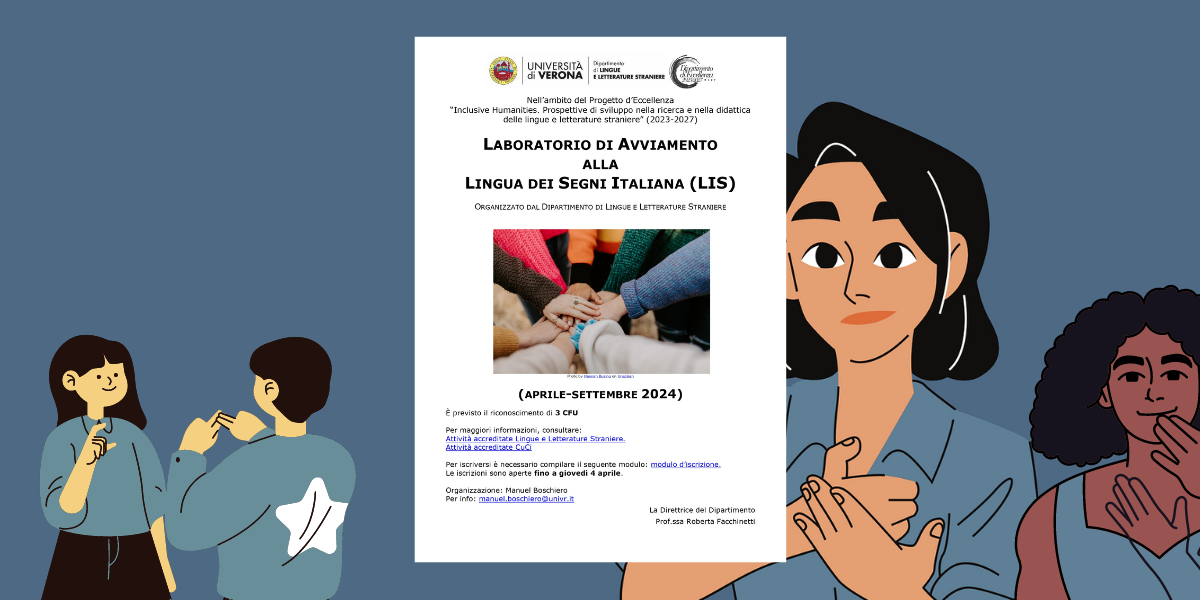
On April 24, the fourth meeting of the Digital Spritz series took place, an initiative that brings together Italian and international scholars to explore innovations in the field of digital technologies and Digital Humanities, with a particular focus on the teaching and research of foreign languages and literatures. During this event, Professor Marc Kupietz, an expert from the IDS (Leibniz Institute for the German Language) in Mannheim, led a seminar titled “Current Challenges in Corpus Linguistics – and Some Approaches to Tackle Them,” in which he addressed the current challenges in corpus linguistics.
Throughout the meeting, Kupietz presented the digital resources developed by the IDS, including the Deutsches Referenzkorpus (DeReKo), a large reference corpus for the German language, and discussed the issues related to managing corpora from various perspectives: legal, epistemological, and logistical. The IDS in Mannheim, founded in 1964, is a leading center for linguistic and social research. The institute, a member of the Leibniz Association, is the main non-university institution for the study and documentation of the German language, its contemporary usage and recent developments.

